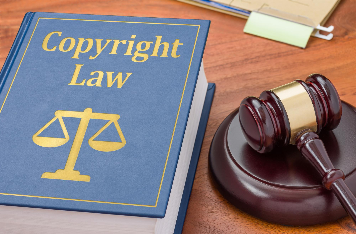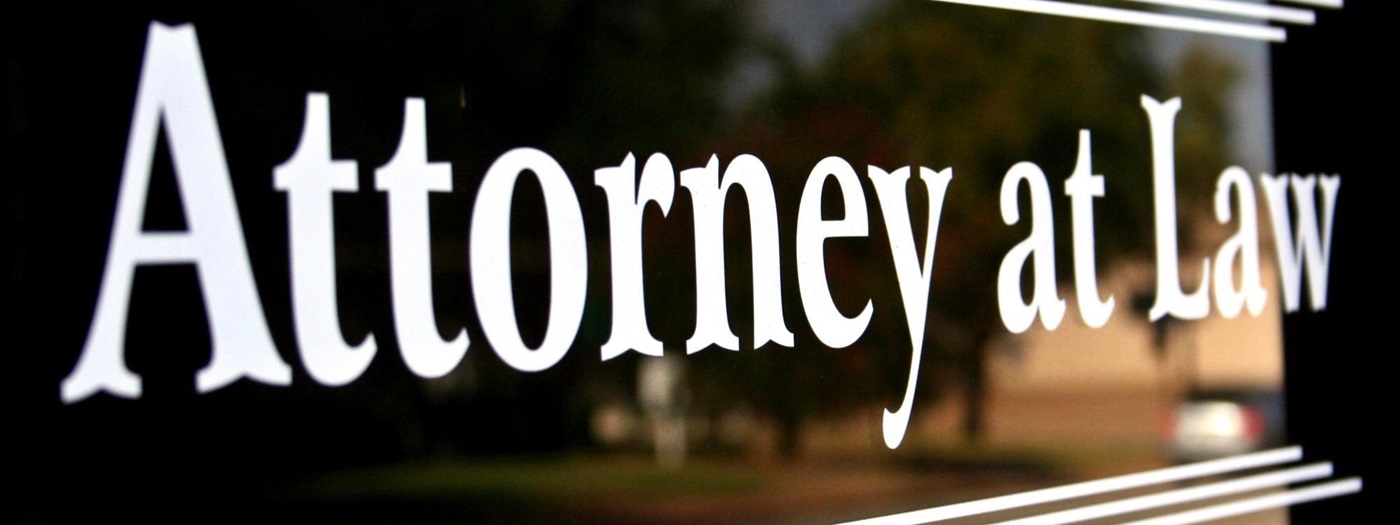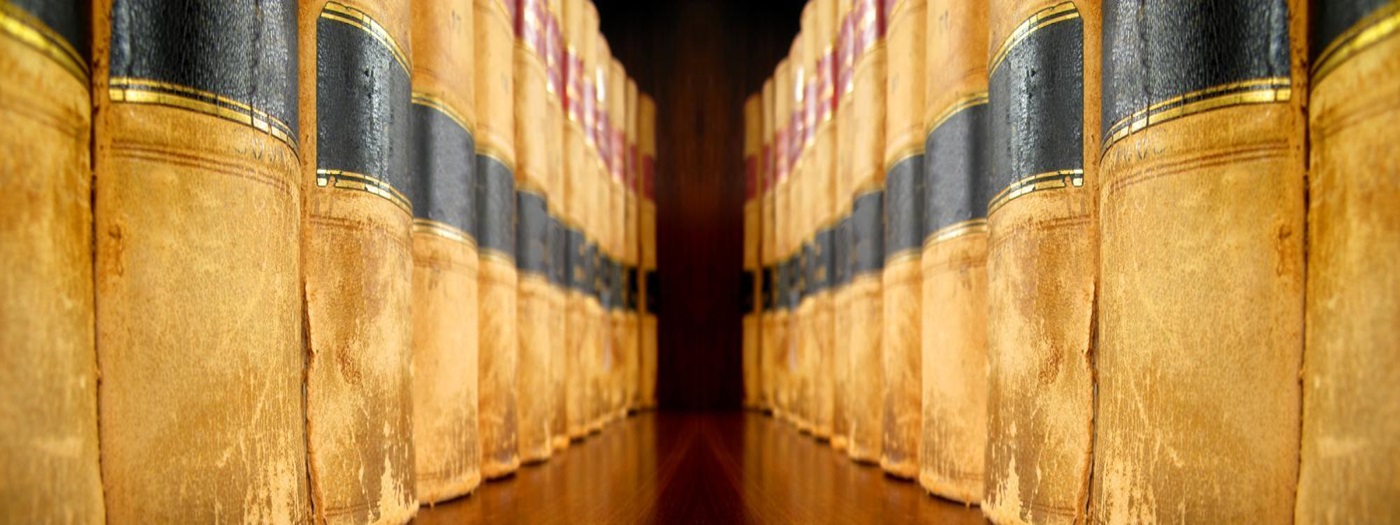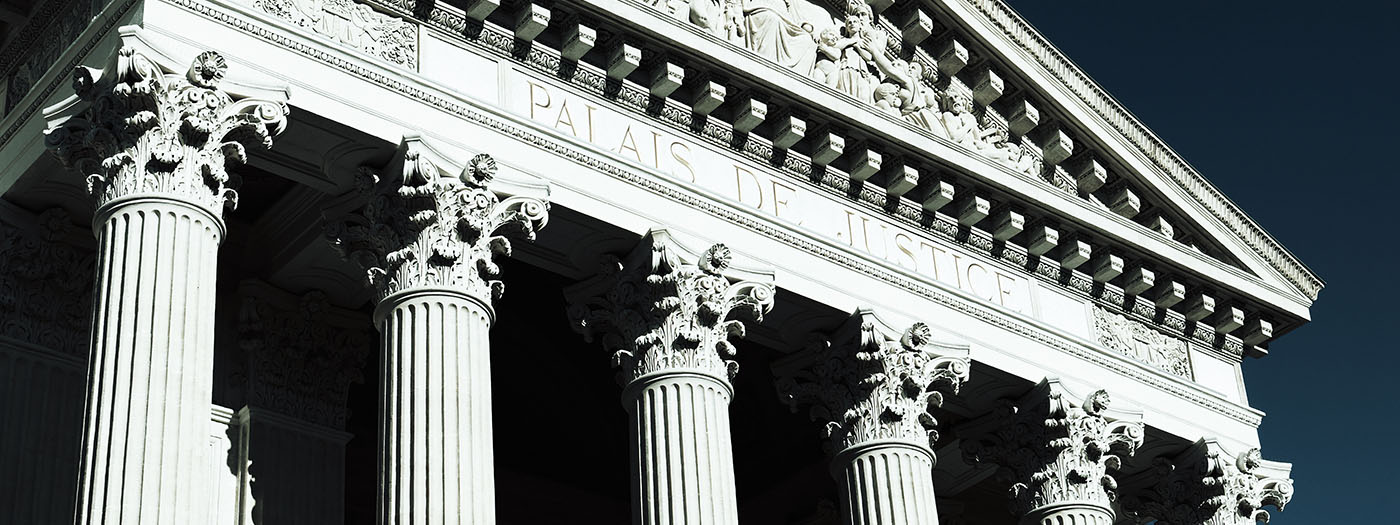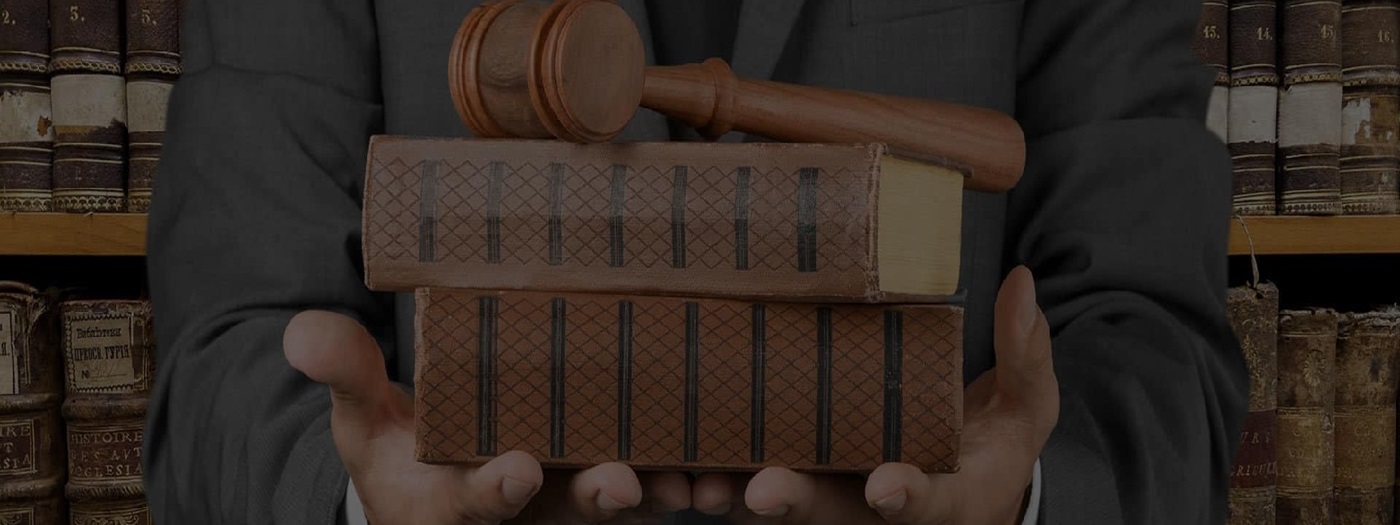Law Services: Protecting Your Future – Defending Your Rights
When legal problems arise, it is important that you retain an experienced and skilled lawyer to help you resolve them.
AREAS OF PRACTICE
FIELDS OF EXPERTISE
- INTELLECTUAL PROPERTY
- PATENTS
- TRADEMARKS
- TRADE SECRETS
- COPYRIGHT
- COMPUTER LAW
- INTERNET LAW
- LICENSING LAW
- HIGH-TECHNOLOGY LITIGATION
OUR LOCATION
VISIT US TODAY
COPYRIGHT

A bundle of intangible rights granted by statute to the author or originator of certain literary or artistic productions, whereby, for a limited period, the exclusive privilege is given to that person (or to any party to whom he or she transfers ownership) to make copies of the same for publication and sale.
A copyright is a legal device that gives the creator of a literary, artistic, musical, or other creative work the sole right to publish and sell that work. Copyright owners have the right to control the reproduction of their work, including the right to receive payment for that reproduction. An author may grant or sell those rights to others, including publishers or recording companies. Violation of a copyright is called infringement.
Copyright is distinct from other forms of creator protection such as Patents, which give inventors exclusive rights over use of their inventions, and Trademarks, which are legally protected words or symbols or certain other distinguishing features that represent products or services. Similarly, whereas a patent protects the application of an idea, and a trademark protects a device that indicates the provider of particular services or goods, copyright protects the expression of an idea. Whereas the operative notion in patents is novelty, so that a patent represents some invention that is new and has never been made before, the basic concept behind copyright is originality, so that a copyright represents something that has originated from a particular author and not from another. Copyrights, patents, and trademarks are all examples of what is known in the law as Intellectual Property.
As the media on which artistic and intellectual works are recorded have changed with time, copyright protection has been extended from the printing of text to many other means of recording original expressions. Besides books, stories, periodicals, poems, and other printed literary works, copyright may protect computer programs; musical compositions; song lyrics; dramas; dramatico-musical compositions; pictorial, graphic, and sculptural works; architectural works; written directions for pantomimes and choreographic works; motion pictures and other audiovisual works; and sound recordings.
FAQ
When is my work protected?
Your work is under copyright protection the moment it is created and fixed in a tangible form that it is perceptible either directly or with the aid of a machine or device.
Do I have to register to be protected?
No. In general, registration is voluntary. Copyright exists from the moment the work is created. You will have to register, however, if you wish to bring a lawsuit for infringement of a U.S. work. See Circular 1, Copyright Basics, section “Copyright Registration.”
Why should I register my work if copyright protection is automatic?
Registration is recommended for a number of reasons. Many choose to register their works because they wish to have the facts of their copyright on the public record and have a certificate of registration. Registered works may be eligible for statutory damages and attorney’s fees in successful litigation. Finally, if registration occurs within five years of publication, it is considered prima facie evidence in a court of law. See Circular 1, Copyright Basics, section “Copyright Registration” and Circular 38b, Highlights of Copyright Amendments Contained in the Uruguay Round Agreements Act (URAA), on non-US works.
I’ve heard about a “poor man’s copyright.” What is it?
The practice of sending a copy of your own work to yourself is sometimes called a “poor man’s copyright.” There is no provision in the copyright law regarding any such type of protection, and it is not a substitute for registration.

